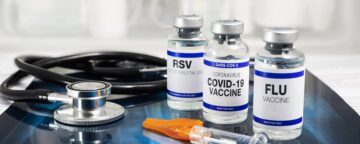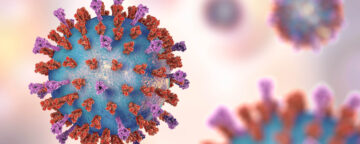An APPC survey finds that RSV vaccines to protect older adults and newborns have become more widely accepted by the public over the last year.


An APPC survey finds that RSV vaccines to protect older adults and newborns have become more widely accepted by the public over the last year.

An APPC study finds that while public worry about contracting RSV has dropped significantly in the past year, worry about flu and Covid-19 has not.

APPC health survey data finds that belief in vaccination misinformation has risen, and a willingness to vaccinate against Covid-19 is lower than in the past.

A comprehensive meta-analysis from a research team led by the University of Pennsylvania examines what types of vaccine intervention strategies have the greatest effect in increasing vaccination.

New survey shows over a third of U.S. adults worry that they or someone in their family will get flu, Covid-19, or RSV in next 3 months, but no consensus on which virus is more likely to cause severe illness.

Americans have less confidence in vaccines than they did just a year or two ago, and more people accept misinformation about vaccines and Covid-19, according to an APPC health survey.

RSV is a serious health threat, but a new survey from the Annenberg Public Policy Center finds that the public is ill-informed about it and unfamiliar with some common symptoms.